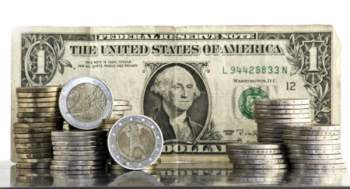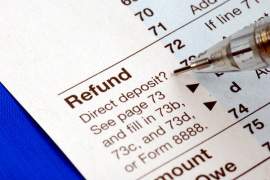
Excise Tax at a Glance

An excise tax is one in which individuals pay a tax on either the manufacturing of a product, or a completed product. Those products are sold within the country that imposes the excise tax. Products are taxed when they are sold within the United States, not when they are imported. Import taxes are those imposed on items brought into the country to be sold.
An excise tax is generally passed onto the consumer, by the company that manufactured or sold the item. The company raises the price of the item in order to recover the excise tax from the consumer. Excise taxes are imposed in addition to sale tax, in most cases. In fact, one item can be taxed at several levels, including sales tax, use tax, and the value added tax. That item is also suppose to be taxed if the item is ever resold. Unlike the VAT, an excise tax is not imposed as a proportion to sales value, but instead it is a specific unit tax.
Excise taxes are often imposed on items such as gasoline and are imposed on a per gallon basis. Currently, law makers in New York are trying to impose an excise tax on sugared beverages, according to the size of the drink. There are excise taxes on items such as cigarettes and alcohol, which are imposed on units of measure of each product. For example, an excise tax may be assessed on a per pack of cigarette basis.
However, most states do not impose an excise tax if the products used to make a cigarette are purchased separately. Alcohol is generally taxed at a percentage of the size of the bottle, but usually hard liquor has a higher excise tax then regular spirits. Generally, consumers are not even aware of excise taxes as the tax is already included in the price of the product.
For example, when an individual fills their tank with gas, they are not aware of the amount of excise taxes placed on each gallon. They simply pay the per gallon price without being aware of the other taxes and fees associated with the price of that gallon of gas. If businesses were made to explain the taxes, and other costs, consumers would likely become confused as to the actual price of an item.
According to tax laws, any indirect tax in the United States, qualifies as an excise tax according to definition. However, there are states, like Hawaii, the treat excise tax as a state wide tax that is used instead of a general sales tax. Excise taxes can be imposed on many levels, including state and federal. For example, gasoline has a flat Federal tax which is assessed on a per gallon level. In addition, most states also impose an excise tax on each gallon off gasoline.
NEXT: Fairtax at a Glance





















